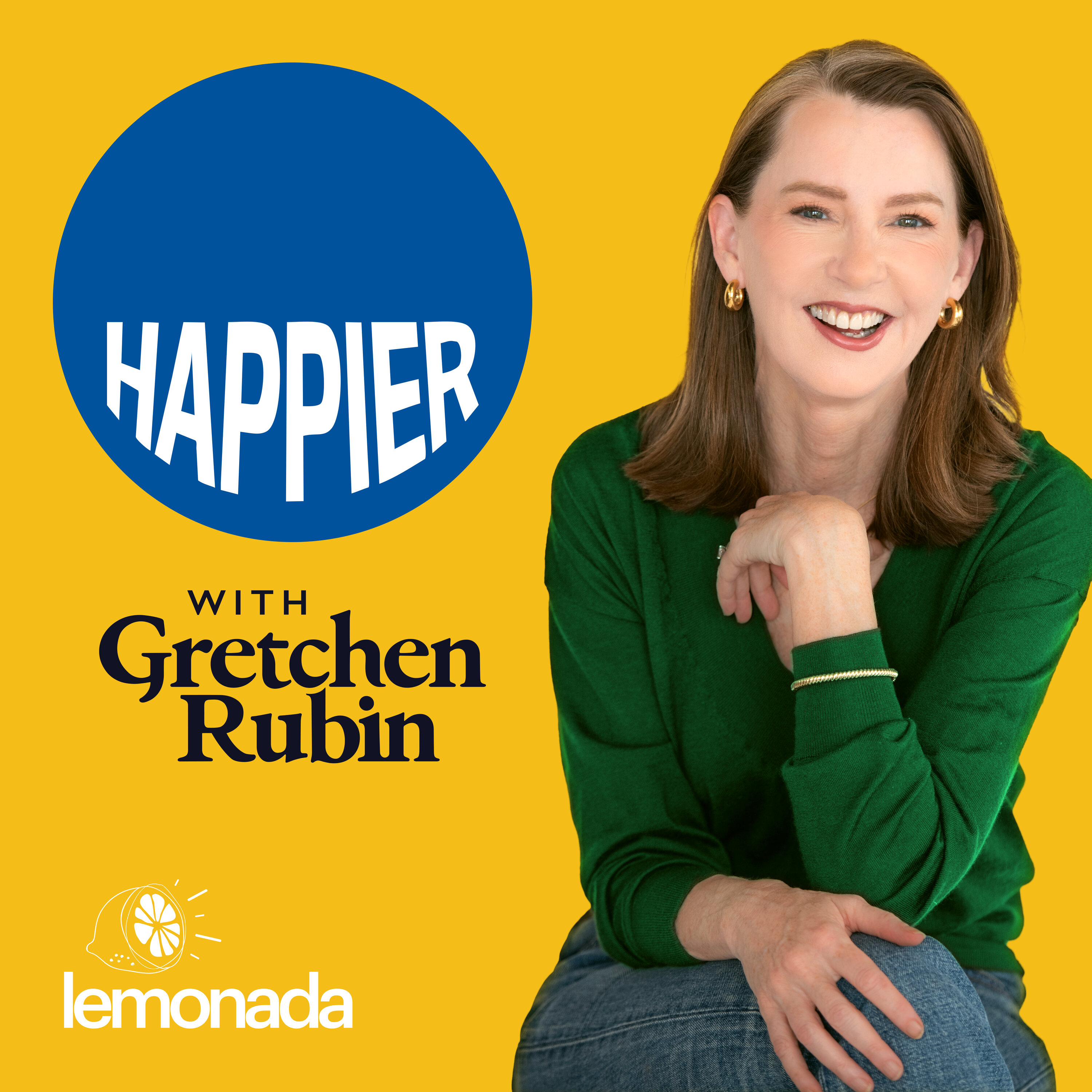
I love aphorisms, koans, fables, and teaching stories of all kinds. And here’s a famous teaching story, in case you’ve never heard it. I’ll tell my own version of this story, which is a well-known Yiddish folk tale.
Once upon a time, a long time ago, a farmer lived with his wife, their five children, and his parents in a small farmhouse. They were all constantly getting in each other’s way. As the farmer sat down to breakfast, he thought, “What a noisy, crowded, uncomfortable house!”
Over time, the farmer became increasingly annoyed, and finally, he went to his rabbi, a very wise man, and described the situation. The rabbi thought for a few moments, then said, “Hmmm, I know just the solution. Do you have chickens? Good. Bring the chickens into the house.”
Surprised, the farmer followed this advice. The house became noisier and more crowded than before. He went back to the rabbi and told him, “The house is noisier and more crowded than before.”
The rabbi thought for a few moments, then suggested, “Here’s what you do. You have a goat, yes? Bring your goat into the house.”
Surprised again, the farmer did as he was told. And the noise and the mess got even worse.
He went back to the rabbi and said, “Rabbi, I don’t know what to do! I’ve followed your advice, but it’s not helping.”
The rabbi thought over the situation, then said, “Do you have a cow? Good. Bring your cow into the house.”
Astonished, the farmer did as he was bid. And now the house was in an uproar. Chickens were laying their eggs everywhere, the goat was chewing on everything, the cow was breaking things. The house smelled like a barn. The noise was tremendous. The farmer and his family couldn’t carry on any conversations or sleep or even move around.
The farmer returned to the rabbi and said, “Rabbi, the house is in chaos, with the noise, the mess, the smell, it’s unbearable. What’s to be done?”
The rabbi listened closely, nodded his head, and sat in deep thought. At last he said, “Here’s what you must do. Return the chickens, the goat, and the cow to the farmyard.”
Relieved to hear this advice, the farmer went home. He put the animals back where they belonged, and he and his family spent the day putting everything to rights.
The next morning when they all gathered for breakfast, the farmer looked around and thought to himself, “What a spacious, quiet, comfortable house!”
I love this story, and its reminder to be grateful.
As I said, this is a well-known Yiddish folk tale. If you like this story, in 1977, a version of it was published as the picture book It Could Always Be Worse (Amazon, Bookshop) by Margot Zemach. It was named a New York Times Book Review Notable Children’s Book of the Year and was a Caldecott Honor Book.
